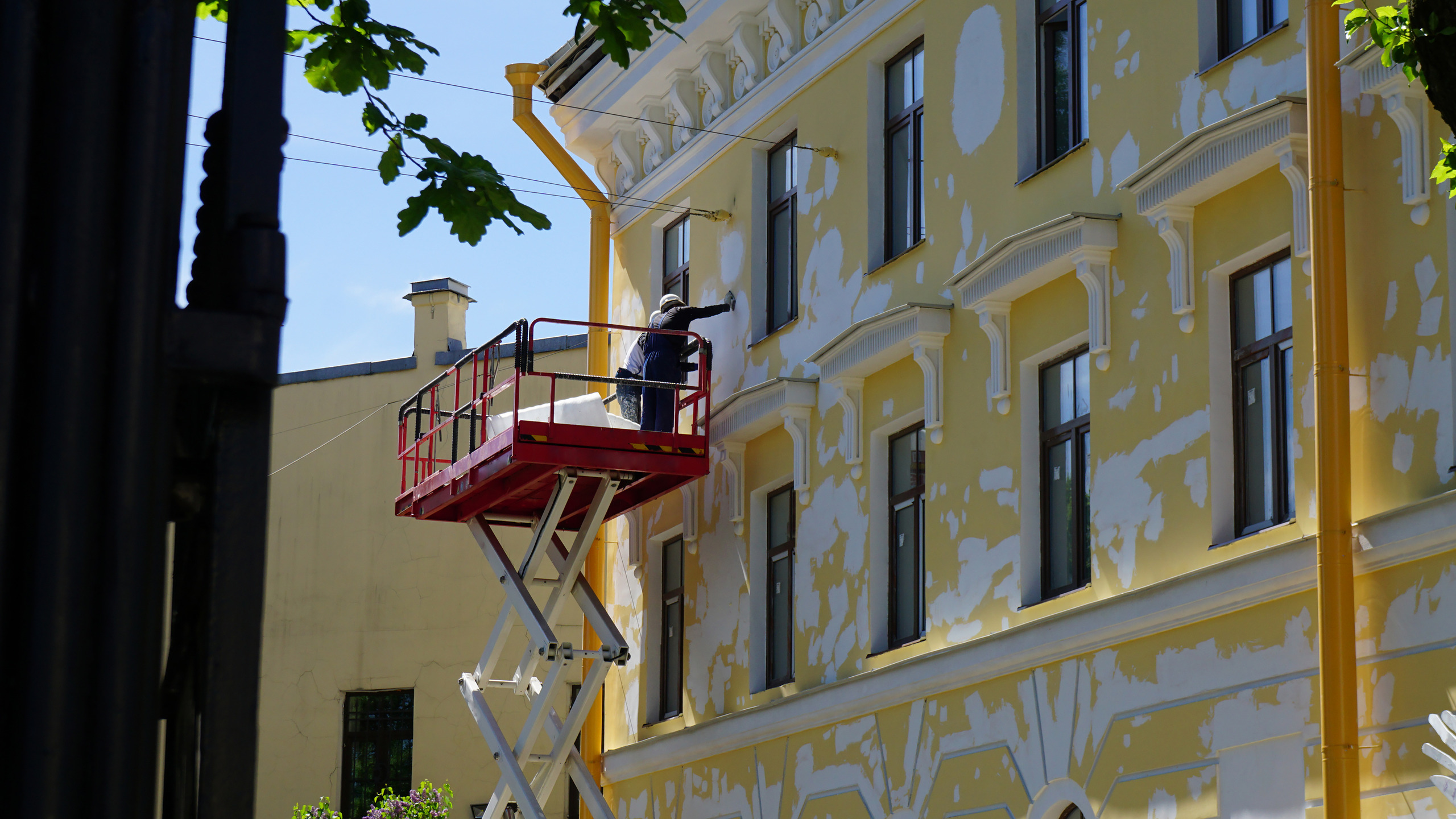Comparing Traditional Vs. Structural Integrity Reserve Studies For Condos

Condominium associations often depend on reserve studies to determine the financial health of their properties and plan for future maintenance and repairs. The following details the differences between a traditional condo reserve study and a structural integrity reserve study, highlighting their impact on HOA fees, condo appraisals, and overall property maintenance.
Understanding Structural Integrity Reserve Studies
Structural integrity reserve studies focus specifically on assessing the structural components and integrity of a condominium property. These studies prioritize the evaluation of load-bearing elements, foundation systems, structural framing, and other critical building elements that directly impact the safety and stability of the property.
Key Components of Structural Integrity Reserve Studies
- Structural Assessment: Do a detailed assessment of load-bearing components to identify signs of deterioration, stress, or potential structural deficiencies.
- Foundation Evaluation: Evaluate the condition of the building’s foundation, including footings, slabs, and subgrade supports.
- Seismic and Wind Load Analysis: Assess the property’s resilience to seismic activity and wind loads, taking into account regional risk factors and building code requirements.
- Risk Reduction Recommendations: Provide recommendations for structural repairs, reinforcements, or retrofits to improve building resilience and safety.
Understanding Traditional Reserve Studies
In contrast, traditional reserve studies are concentrated on assessing the expected lifespan and replacement costs of common elements within a condominium property. These studies usually involve evaluating things like roofs, building exteriors, mechanical systems, and common area amenities. The goal is to estimate future repair and replacement expenses and make sure enough reserve funds are allocated over time.
Key Components of Traditional Reserve Studies
- Component Inventory: Identify and record all common elements needing maintenance or replacement over time.
- Condition Assessment: Evaluate the current condition and remaining useful life of each component based on industry standards and historical data.
- Cost Estimation: Estimate future repair or replacement costs for each component, considering things like inflation and market conditions.
- Funding Plan: Put together a funding plan to assign enough funds to the reserve account through regular contributions from homeowners’ association (HOA) fees.
Impact on HOA Fees, Condo Appraisals, and Property Maintenance
The choice between traditional reserve studies and structural integrity reserve studies can have great implications for condominium associations:
- HOA Fees: A full reserve study, whether traditional or focused on structural integrity, helps associations make smarter decisions about budgeting and reserve fund allocations. By accurately estimating future repair costs, associations can stabilize HOA fees and prevent sudden increases due to unexpected repairs.
- Condo Appraisals: Lenders and appraisers consider the financial health and physical condition of a condominium property when determining appraisal values and approving financing. A well-documented reserve study, especially one that includes structural assessments, provides assurance to lenders and improves the property’s marketability.
- Property Maintenance: Both types of reserve studies contribute to proactive property maintenance and risk management. Identifying maintenance needs and addressing structural issues early on allows associations to prevent costly repairs and extend the lifespan of building components.
Safeguarding Your Investment with Structural Integrity Reserve Studies
The structural integrity of your condominium is directly related to its longevity and value. Stone Building Solutions fully understands that. Our team of experts specializes in conducting thorough Structural Integrity Reserve Studies, providing you with a complete assessment of your property’s structural components and their expected lifespan.
With our guidance, you can confidently set aside resources and plan for future maintenance needs, safeguarding the structural integrity of your condominium and preserving its value for years to come.
Call 407-663-5312 or use our online form to schedule your Structural Integrity Reserve Study today and take a proactive approach to protecting your investment.
